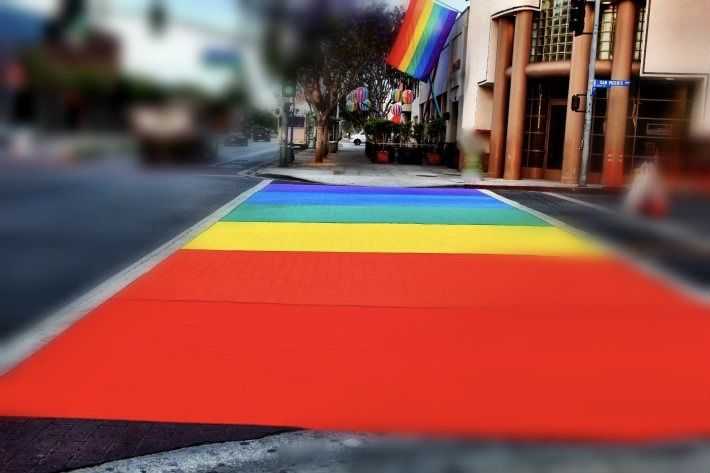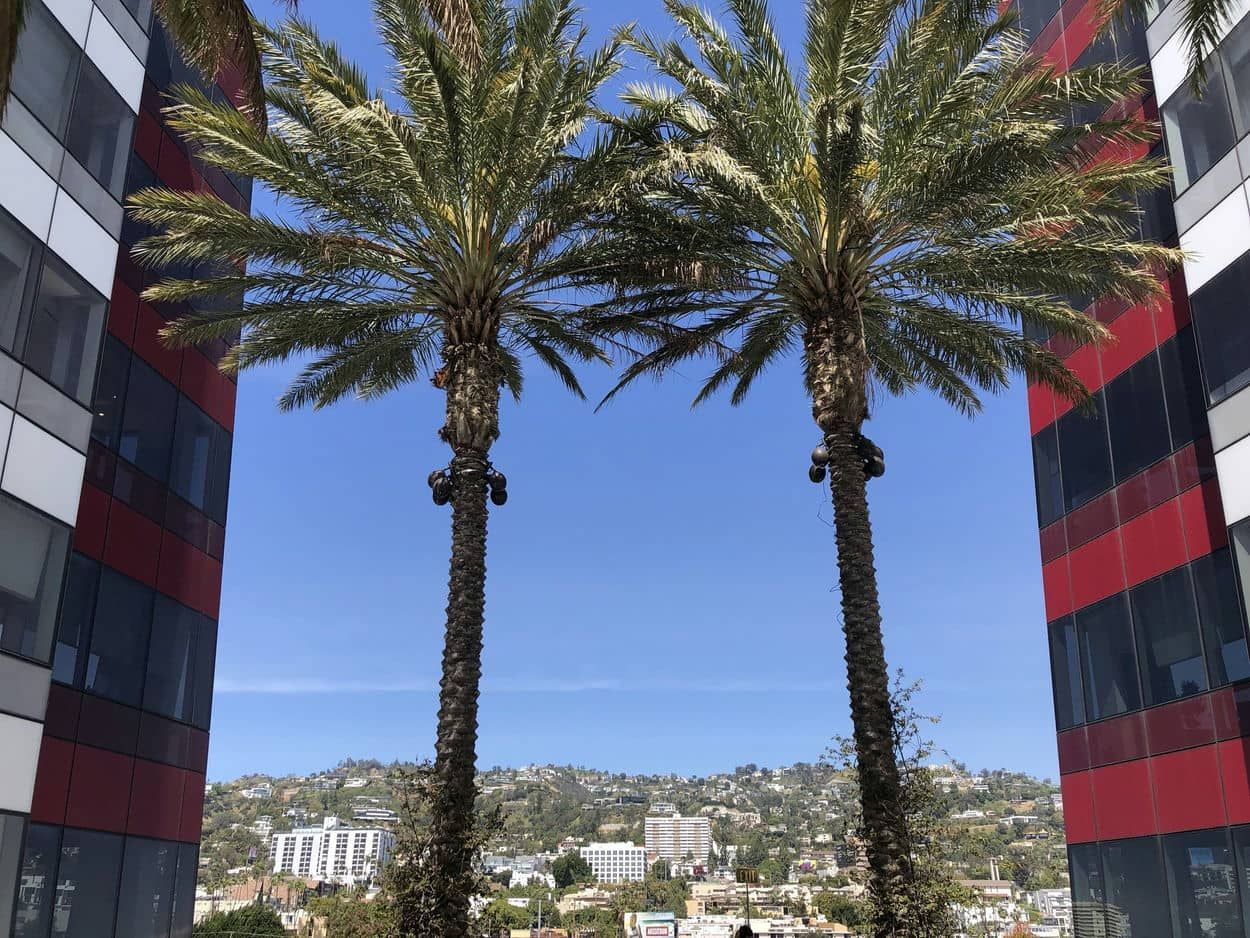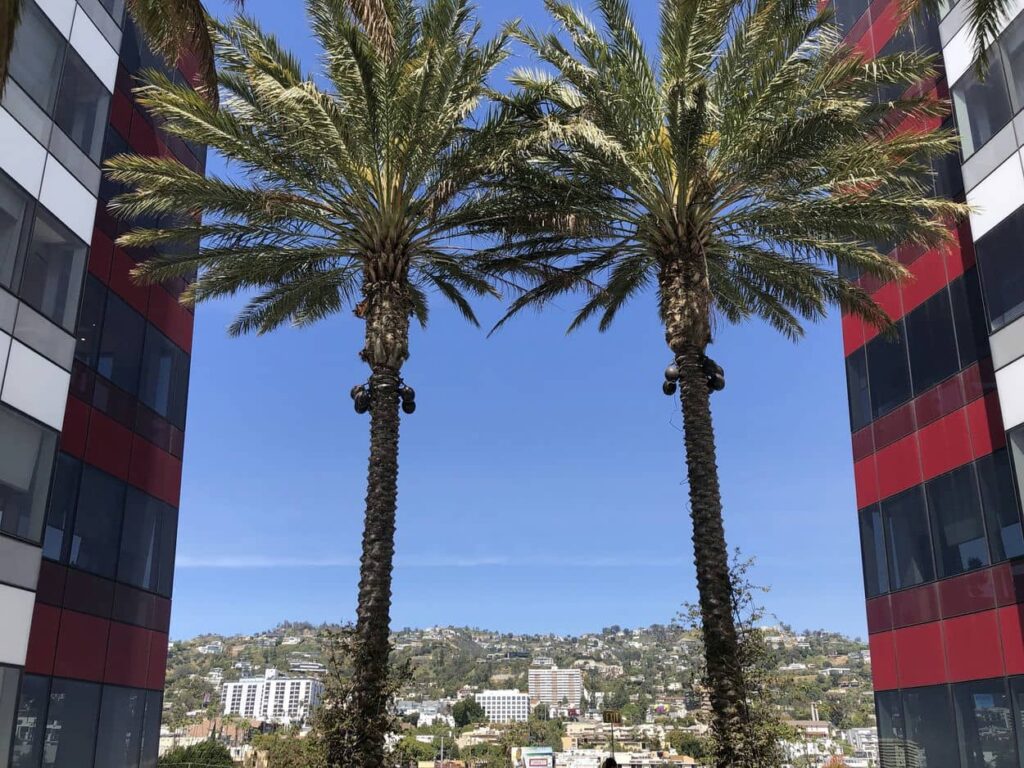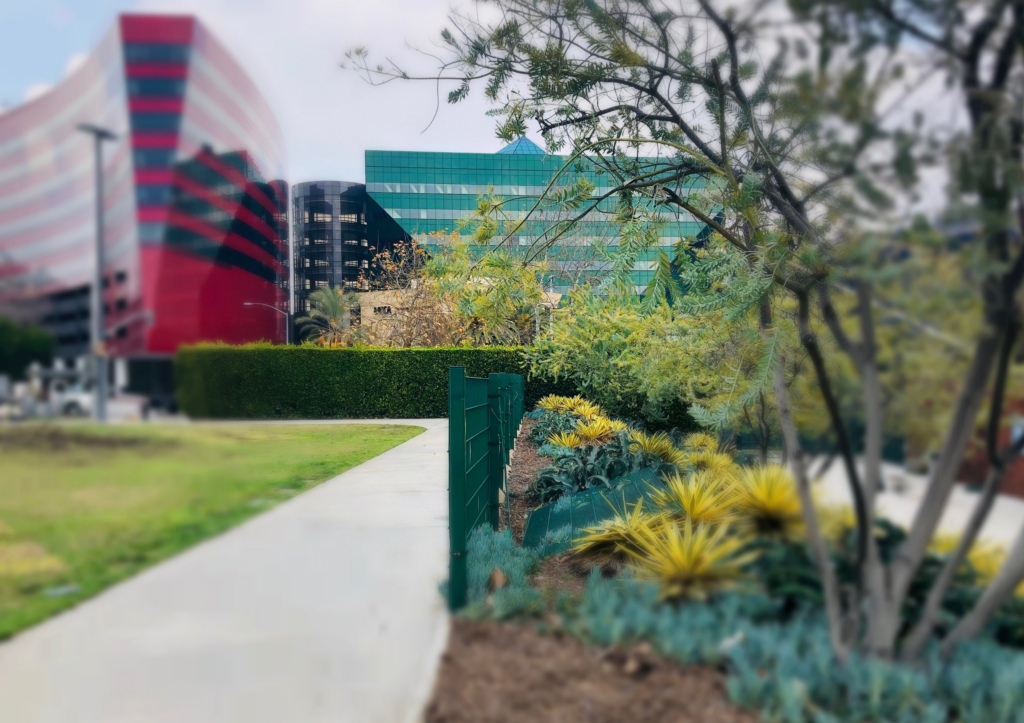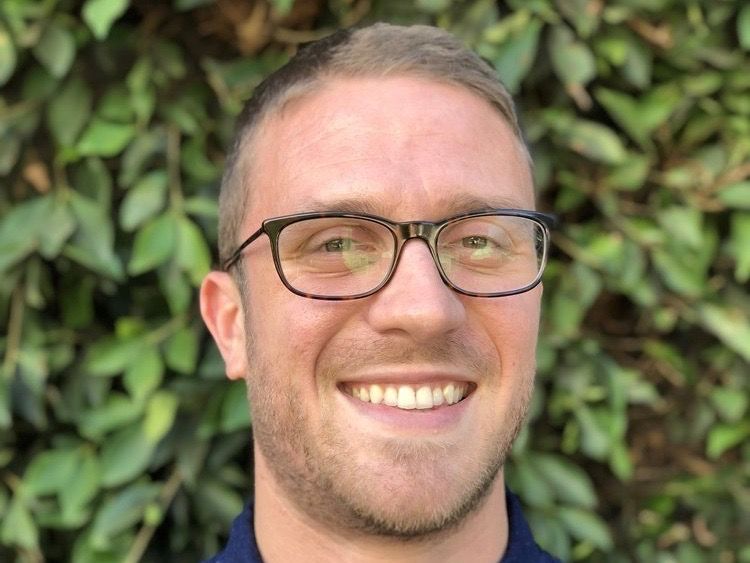The False Intimacy of Crystal Meth

By Michael Arndt, Alumni Coordinator, CAST Centers
Follow Michael on Instagram: @michaelcastcenters
My first time trying meth was one of the classiest drug experiences I have ever had. I was sitting in a literal Maybach on a cute, cobblestone street in Philadelphia. I felt invincible, all my fears were gone, and I felt like I could take on the world. That was coincidentally the last time my adventures with crystal meth were even classy-adjacent.
I’d been introduced to meth by another gay man (who I had a crush on) who told me it was much stronger than the Adderall I had been using, and would make sex amazing. I was very into that, and very into gaining his approval and spending more time with him. It gave me this sense of intimacy and connection that I struggled to feel in my day-to-day life. I felt smarter, more social, and like every idea I had was brilliant. It also offered the added benefits of weight loss and more energy for longer periods at the gym. It also played on my fear of not being productive enough. As far as I was concerned, there was no downside.
I was barely aware of the paranoia as it set in. I would walk down the street and become convinced I was being followed. Or that the elderly woman who worked at the bodega by my house was actually spying on me for the Chinese government. I wasn’t even certain that my hallucinations were hallucinations. I was slowly pulled away from reality as the meth changed how my brain worked, and the lack of sleep took its toll. I could barely keep it together without other drugs and alcohol to manage the effects. My temper went from almost nonexistent to present in my everyday life. I turned into this angry, disorganized, mess of a human being. It took about a year of continuous sobriety before I started to feel normal again.
Sadly, crystal meth is like the interconnective tissue of the dark underbelly of gay sex culture. Its like this secret we do not want to acknowledge. Just look at Grindr, Scruff or Jack’d — if you log on in West Hollywood you are bound to see references to T, Tina, Partying, speed, PNP, clouds, etc. on some profiles. Sometimes it’s just a capital T in an otherwise innocuous word, or a series of emojis. This is particularly true if you are on gay dating apps late at night when tweakers are still up and partying. You can buy, sell or just find someone willing to share some of what they have in a matter of minutes.
Those of us who identify as gay men already are significantly more likely to develop addiction and struggle with drugs and alcohol, as is the LGBTQ community at large. Gay and bisexual men use crystal meth at double the rates of other populations. For a lot of us who indulge for whatever reason, sex and meth become more and more interwoven until we cannot even separate them. Normal sex becomes dull and even unappealing. Under the influence of crystal, we become completely uninhibited and inadvertently put our health at risk. We are much more likely to contract HIV and other STIs.
Crystal meth touches on two things the gay culture struggles with — vanity and sex. We feel intense pressure to be thin or fit, and an emphasis of sex is a major emphasis in our culture. There is this unspoken, and unfortunately mainstream, message that if you are gay and want to be a part of the culture, you have to be hot and have plenty of sex.
The core issues of gay men and crystal use are the same as they are with most things gay men struggle with: shame, fear, compartmentalization, intimacy, and perfectionism. Meth can easily pollute our natural, human sexual energy and darken our prospects for the very things we use it to facilitate in the first place. It plays on our blindspots and makes them wounds that take a long time to heal.
My use of meth, and my use of drugs and alcohol in general, was often driven by loneliness. The same loneliness that most gay men can relate to. Ironically, the more we lean on drugs and alcohol to alleviate that feeling of isolation, the more isolated we become. The more we end up surrounding ourselves with people who are also using, and therefore cannot meaningfully connect to us in any healthy way. Our minds, under the influence of addiction may tell us that we are “going through” something together, but really what we are doing is engaging in a mutual suicide pact. We are teaching ourselves that connection means exchanging and supporting harm. Therefore an integral part (some might argue the MOST integral part) of recovery is finding a community of other people working to better themselves.
Luckily, in West Hollywood there is an abundance of resources for those wishing to explore recovery and a community of other people who are going through the exact same thing. Finding treatment for crystal meth addiction can be difficult because it requires time and a comprehensive approach, but rarely do we see people able to successfully do it alone. And we are not alone in the struggle. Time, patience and a little self-love go a long way in this fight. There is no shame in leaning on a support network during the fight to get clean. Asking for help is the first step to repairing the damage from crystal meth and starting down the road to recovery.
